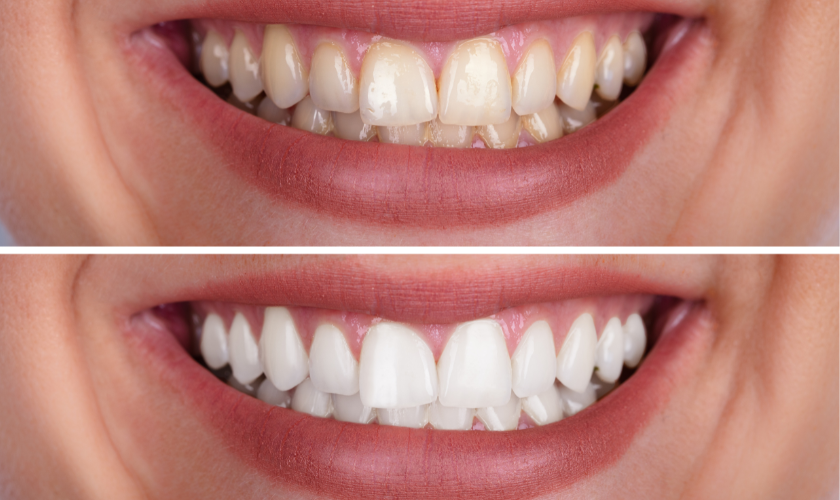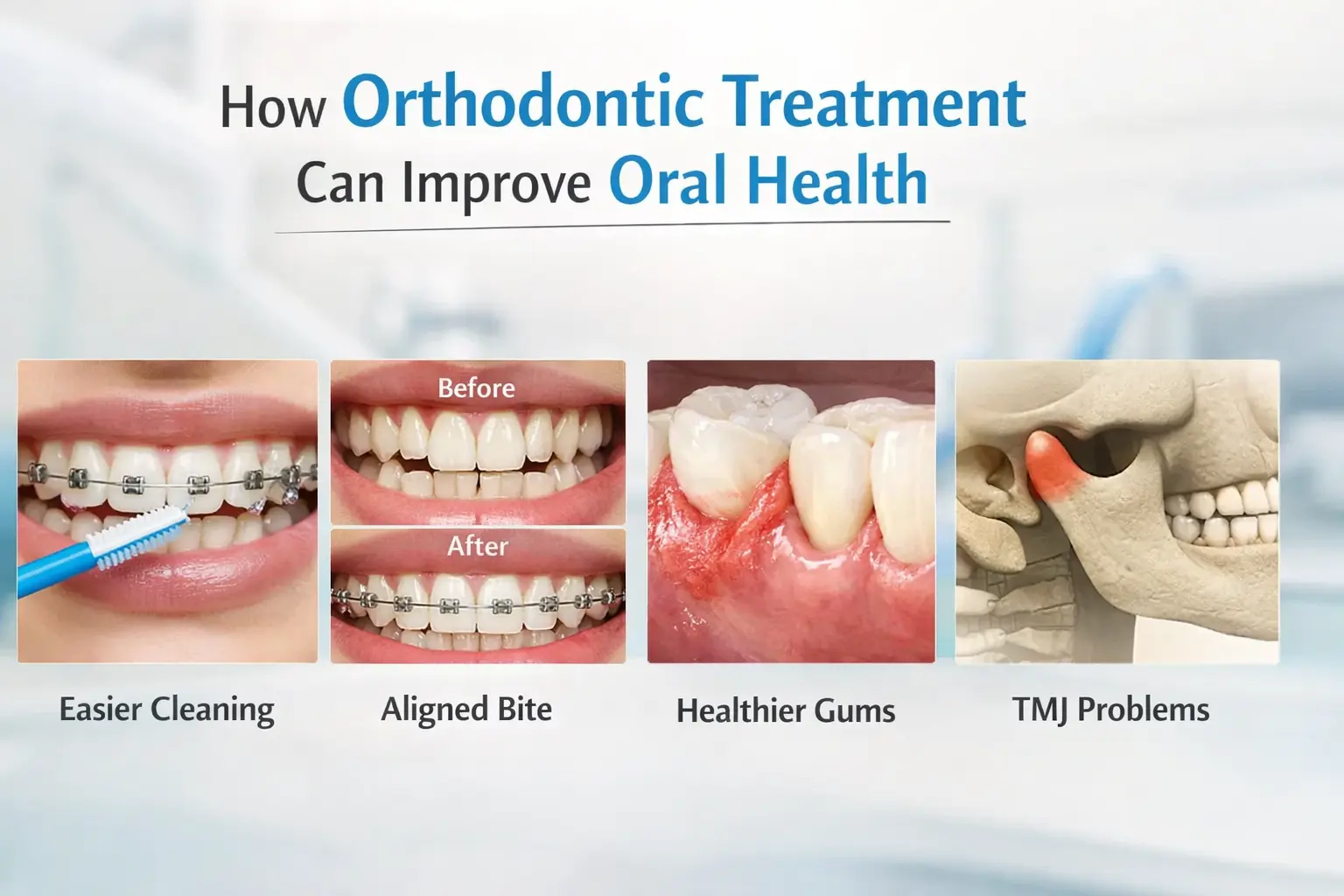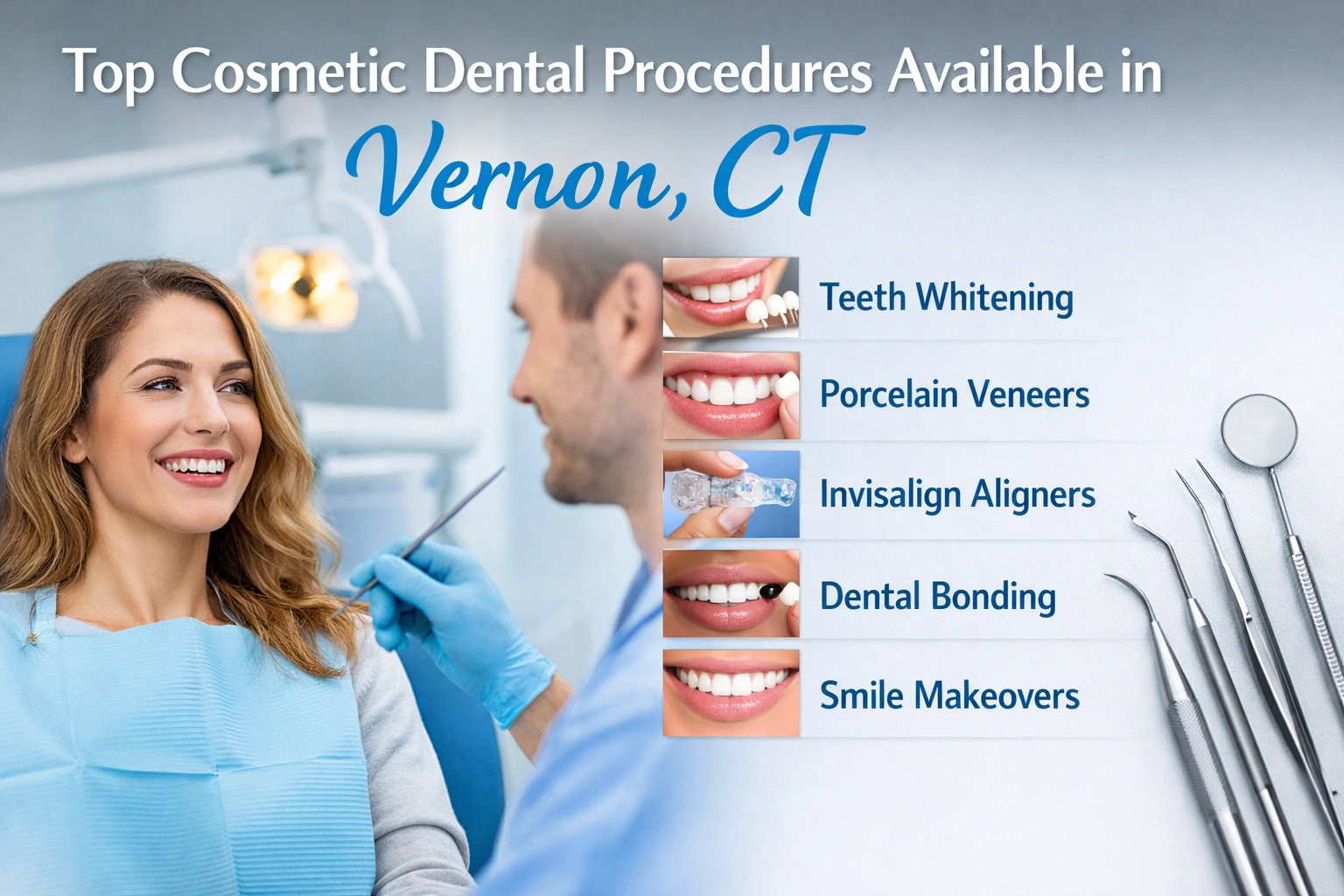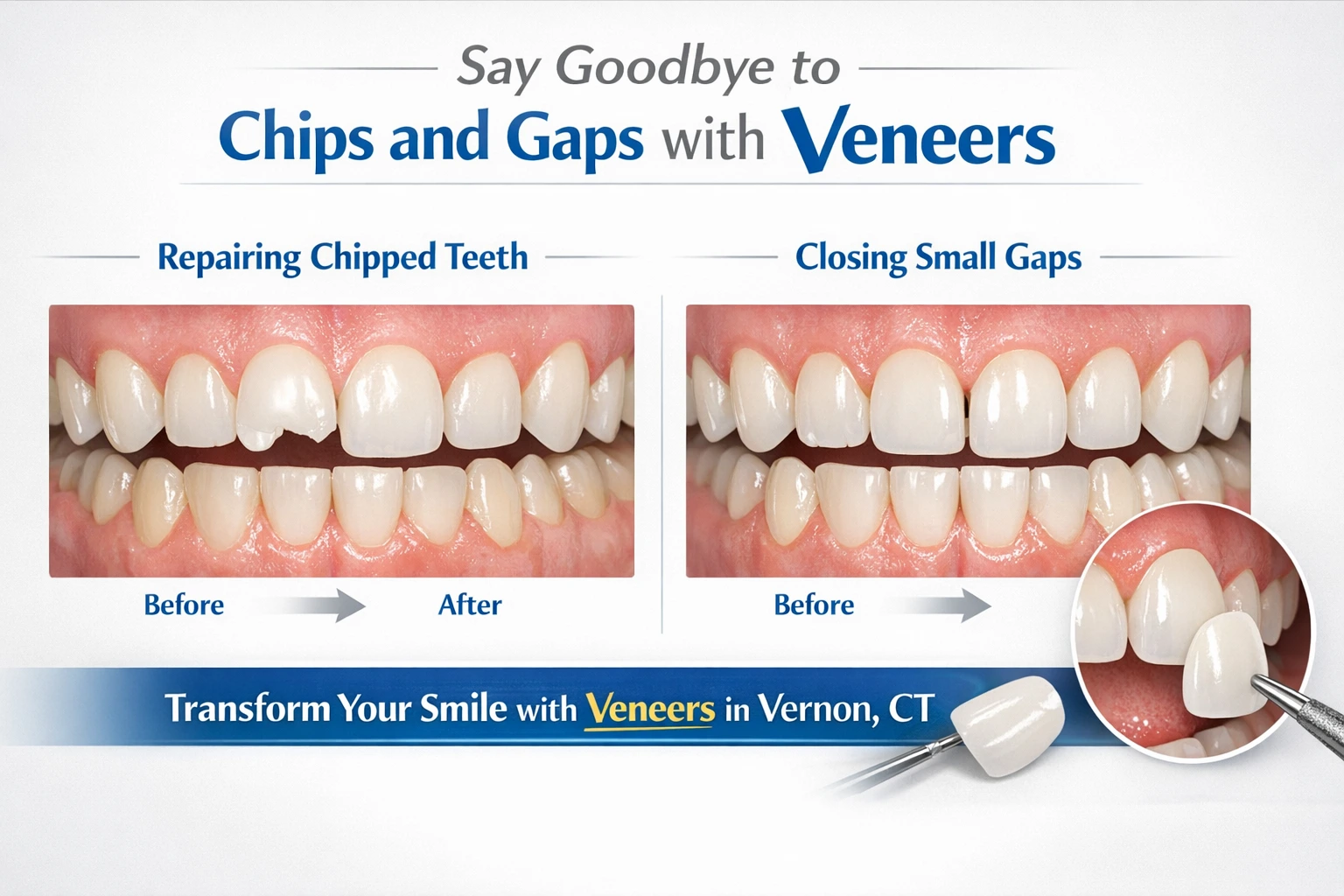
May 16, 2024
Teeth Whitening
Introduction
A. Explanation of teeth whitening:
Teeth whitening is a cosmetic dental procedure designed to remove stains and discoloration from teeth, resulting in a brighter and whiter smile. This can be achieved through various methods, including professional treatments at a dental office or at-home whitening kits.
B. Brief overview of the importance of diet in dental health:
Diet plays a crucial role in overall dental health, affecting not only the strength and integrity of your teeth but also their appearance. Certain foods and beverages can contribute to staining and discoloration, while others can help maintain the whiteness of your teeth. Understanding the relationship between diet and dental health is essential for achieving and sustaining the best results from teeth whitening treatments.
The Role of Diet in Teeth Whitening
A. Impact of different food and drinks on teeth staining:
Many common foods and drinks are notorious for causing teeth stains. These include coffee, tea, red wine, dark berries, and certain sauces like soy sauce and tomato sauce. These items contain chromogens, tannins, and acids that can adhere to the enamel and lead to discoloration over time. Regular consumption of these staining agents can significantly reduce the effectiveness of teeth whitening treatments.
B. Foods that can help maintain teeth whiteness:
On the other hand, some foods can help maintain or even enhance the whiteness of your teeth. Crunchy fruits and vegetables like apples, celery, and carrots act as natural abrasives, gently scrubbing away surface stains while you chew. Dairy products like cheese and yogurt contain calcium and phosphates that strengthen tooth enamel and help maintain a bright smile.
C. Importance of hydration for teeth whitening effectiveness:
Staying hydrated is also important for maintaining teeth whiteness. Drinking plenty of water helps wash away food particles and staining substances from the surface of your teeth. Additionally, water promotes saliva production, which is essential for neutralizing acids in the mouth and protecting against tooth decay and discoloration.
Nutrients and Minerals for Teeth Whitening
A. Description of key nutrients that support dental health:
Certain nutrients and minerals are vital for maintaining healthy, white teeth. Calcium is essential for strong teeth and bones, while phosphorus works alongside calcium to rebuild and maintain tooth enamel. Vitamin D helps the body absorb calcium and phosphorus, and vitamin C is important for healthy gums and preventing gum disease.
B. Foods rich in these nutrients and minerals:
Foods rich in calcium include dairy products, leafy green vegetables, almonds, and fortified plant-based milk. Phosphorus can be found in meat, fish, eggs, and dairy products. Vitamin D is available from fatty fish, egg yolks, and fortified foods like milk and orange juice. Citrus fruits, strawberries, bell peppers, and broccoli are excellent sources of vitamin C.
Foods and Beverages to Avoid During Teeth Whitening Treatment
A. List of foods and beverages that can hinder teeth whitening process:
During teeth whitening treatment, it is advisable to avoid foods and beverages that can hinder the process. These include:
- Coffee and tea
- Red wine
- Dark berries (blueberries, blackberries)
- Tomato-based sauces
- Soy sauce
- Soda and other sugary drinks
- Candy and sweets
B. Explanation of how these items can affect the effectiveness of the treatment:
These items can contribute to staining due to their high levels of chromogens and tannins, which are pigments that adhere to tooth enamel. Acids present in many of these foods and beverages can also weaken enamel, making it more susceptible to stains. Consuming these items during or after a teeth whitening treatment can quickly reverse the effects and diminish the results.
Dental Health Tips for Maintaining Teeth Whiteness
A. Daily oral hygiene routine for healthy teeth and gums:
Maintaining a rigorous oral hygiene routine is crucial for keeping teeth white and healthy. This includes:
- Brushing at least twice a day with a fluoride toothpaste
- Flossing daily to remove plaque and food particles between teeth
- Using an antiseptic mouthwash to kill bacteria and freshen breath
- Regular dental check-ups and professional cleanings
B. Dietary recommendations to prevent teeth stains and discoloration:
To prevent teeth stains and discoloration, consider these dietary recommendations:
- Limit consumption of staining foods and beverages
- Rinse your mouth with water after consuming staining substances
- Incorporate foods that promote oral health, such as crunchy fruits and vegetables
- Opt for dairy products to help strengthen enamel
- Drink plenty of water throughout the day to keep your mouth hydrated and rinse away potential stains
Conclusion
A. Summary of key points:
Diet plays a significant role in the effectiveness of teeth whitening in Vernon. While certain foods and beverages can lead to staining and diminish the results, others can help maintain and even enhance the whiteness of your teeth. Key nutrients and minerals, such as calcium, phosphorus, vitamin D, and vitamin C, support overall dental health and contribute to a bright smile.
B. Final thoughts on the importance of diet in teeth whitening:
In conclusion, understanding the impact of your diet on dental health is essential for achieving and maintaining the best results from teeth whitening treatments. By making mindful dietary choices and maintaining a strong oral hygiene routine, you can enjoy a radiant, confident smile for years to come.
Recent Posts

Top 5 Reasons Vernon Residents Should Consider Early Airway Orthodontic Screening

How Orthodontic Treatment Can Improve Oral Health

Top Cosmetic Dental Procedures Available in Vernon, CT

How Veneers Address Structural Imperfections Like Chips And Small Gaps

